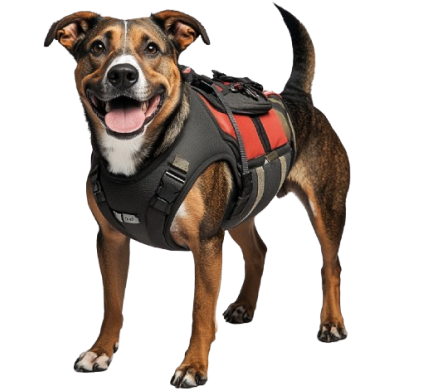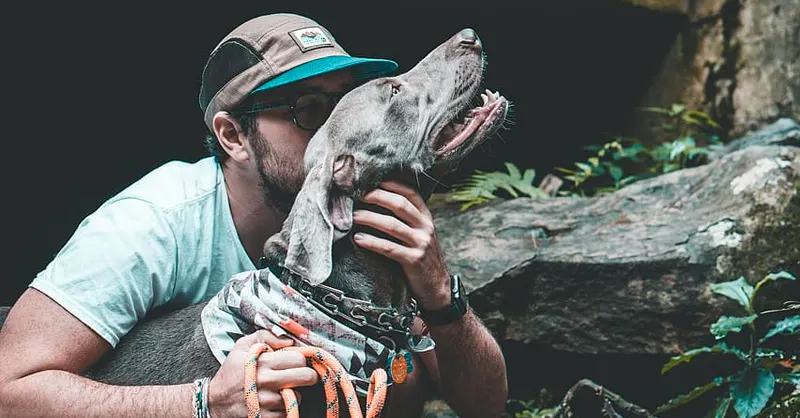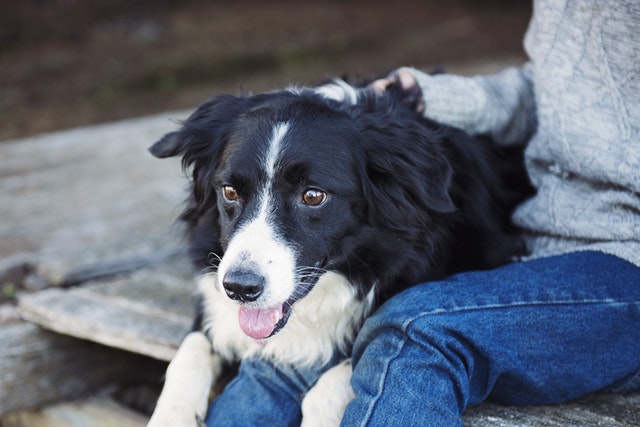All Our Articles on Service Dog

ADHD Service Dog Tasks
Recently, there has been a steep increase in people diagnosed with ADHD (Attention-Deficit/Hyperactivity Disorder). One popular mode of treatment for ADHD is powerful prescription drugs... Read more

How to Register Your Dog as a Service Dog in Arizona
A service dog provides invaluable assistance to a handler with disabilities by completing specific tasks it was trained for. Owners lead more independent lives, have... Read more
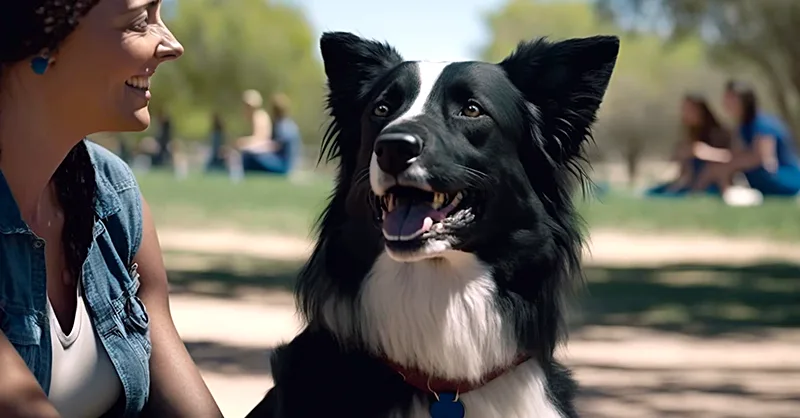
Is a Psychiatric Service Dog a Service Dog?
The short answer: Absolutely, psychiatric service dogs are recognized under the Americans with Disabilities Act (ADA) as service dogs with the same rights. What is... Read more

Where Can a Service Dog Go in New York?
In New York, service dogs can go to many places that pets can’t. Service dogs are allowed in almost all public areas in New York,... Read more

How Old Does My Service Dog Have to Be?
There is no technical minimum age for a service dog, but practical considerations limit how young a service animal can be. Due to training requirements... Read more

How to Get a Service Dog for Anxiety
Anxiety is the most common mental health condition in the U.S., with approximately 40 million adults experiencing the disorder. In cases where a person with... Read more
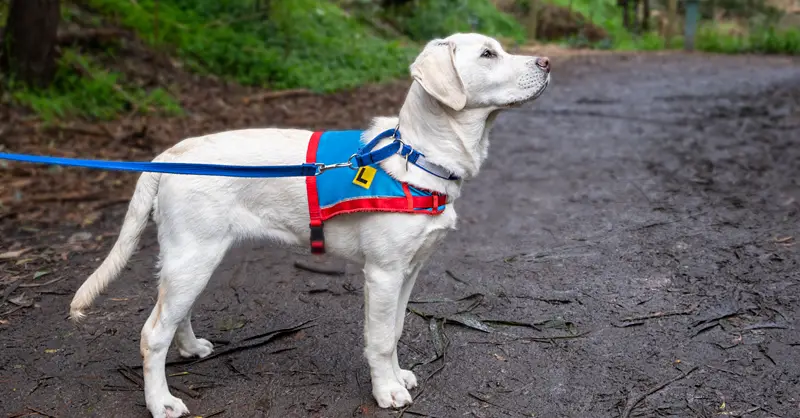
Service Dog Training Tip – Walking on a Leash
Have you ever asked yourself, 'How do I get my dog to stop pulling on the leash'? You are not alone. This is a common... Read more

How to Register Your Dog as a Service Dog in Washington
A purpose-trained service dog can provide invaluable assistance to disabled individuals, helping them enjoy more independent lives, move about with greater freedom and confidence, and... Read more

Can Small Dogs Become Service Dogs?
Large dogs don’t have the monopoly on being service dogs, though it may seem like they do. The gorgeous Golden Retrievers and regal German Shepherds seen... Read more




